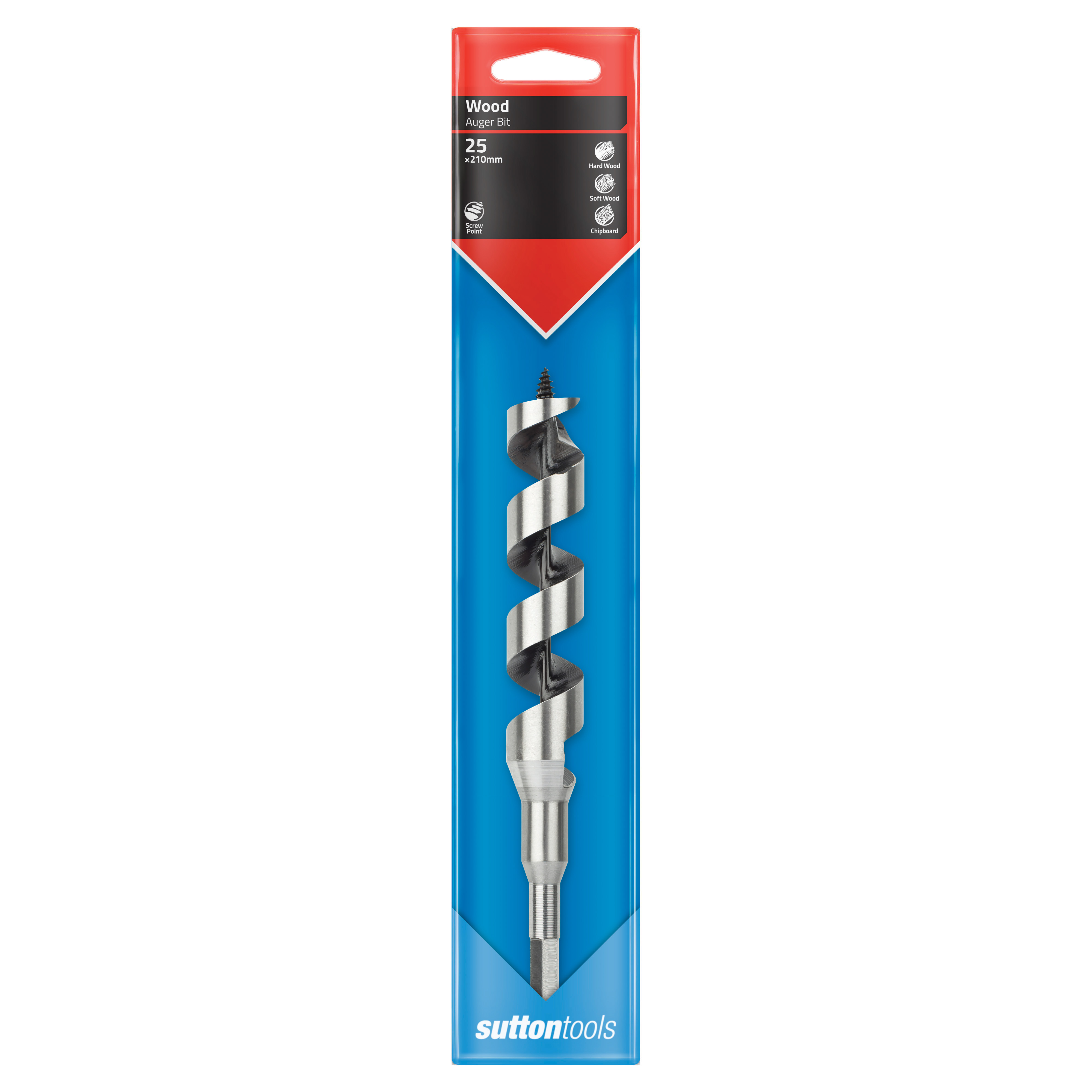Customising for efficient & consistent performance
 A multinational automotive component manufacturer was experiencing inconsistent tool life at one of its Chinese plants. Sutton Tool’s Export Manager Jeff Boyd describes the custom solution we developed to help significantly extend tool life and reliability.
A multinational automotive component manufacturer was experiencing inconsistent tool life at one of its Chinese plants. Sutton Tool’s Export Manager Jeff Boyd describes the custom solution we developed to help significantly extend tool life and reliability.
The initial approach to our local Technical Sales Manager came from one of our local Chinese partners. Their customer operated one of several plants producing OEM brake system components for a German multinational manufacturer.
The plant was using a German brand of tool – but it was proving unreliable on quality and service. Simply, the existing taps being used weren’t taking advantage of the high-end CNC machines on offer. Could Sutton Tools look at the problem and help by developing and testing an improved solution?
Tough Material, Tough Environment
The process challenging the capability of the existing cutting tools involved high-speed thread tapping at surface speeds of 30m per minute. The material in question wasn’t helping: GGG50 is a highly abrasive ductile cast iron used in the automotive industry. We could immediately see that higher-specification tools were needed to meet this particular application requirements and environment.
Our first step was to reduce the run-out by eliminating the traditional collet-based tool holding, replacing it with a more precise shrink-fit type tool holding. This meant moving from the typical h9 tolerance to a h6 shank to suit the shrink-fit system, which resulted in less run-out and higher concentricity. Under intensive testing, we could demonstrate reduced run-out and almost no deviation. The tap could consistently produce threads at the required and elevated speed of 30m/min –one of the keys to longer tool life.
Our engineers worked on a prototype tool – especially designed for our customer’s exacting demands. Apart from changing the tool holding, we also changed the tool’s coating from Titanium Carbo-Nitride (TiCN) to the current generation Futura-Nano coating, Titanium Aluminium Nitride (TiAlN). This provides a higher resistance to abrasion than TiCN. Similarly, we changed the substrate from a conventional high speed steel (HSSE) to a Powder Metallurgy grade (HSS-PM). The finer grain size of HSS-PM material allows for a higher hardness tool, while still maintaining the toughness associated with HSS.
Finally, we included internal coolant ducts to the tap to utilise the transfer lines high pressure through-spindle-coolant capabilities which would help blast out the chips produced from the tapping operation efficiently & consistently, as well reduce the heat generated and thus make it more resilient than the previous solid tool.
Business Benefits
The new tap prototype cost less per thread produced. Its extended life meant less changeovers – which reduced downtime.
Most important, as consistency is essential in manufacturing processes, the tool we developed for this particular process was able to deliver much greater consistency in its longevity. This allows our customer to forecast the tool life and schedule the changing of the taps when worn out – further increasing the efficiency of the machines’ output.
The solution we developed resulted in applying this strategy across all the tapping applications in this plant, and was a ‘first’ for mass production of threads for this customer. The vehicle component manufacturer has since extended its use to several of its plants in China.
About the Author

Jeff Boyd
Jeff Boyd has some 30 years’ experience in the manufacture, design and application of high performance cutting tools. As Sutton Tools’ Key Market Manager, he is responsible for delivering engineered products and solutions to key accounts in our global markets.
Back

